When the leader of the Catholic Church passes away, the Swiss Guards shift into a highly specialized protocol that has evolved over centuries.
As Pope Francis' health made headlines earlier this year, many wondered: What exactly do these Swiss soldiers do when there is no Pope to protect? Pope Francis passed away on Easter Monday at the age of 88 years, and the Swiss Guards have initiated a special protocol.
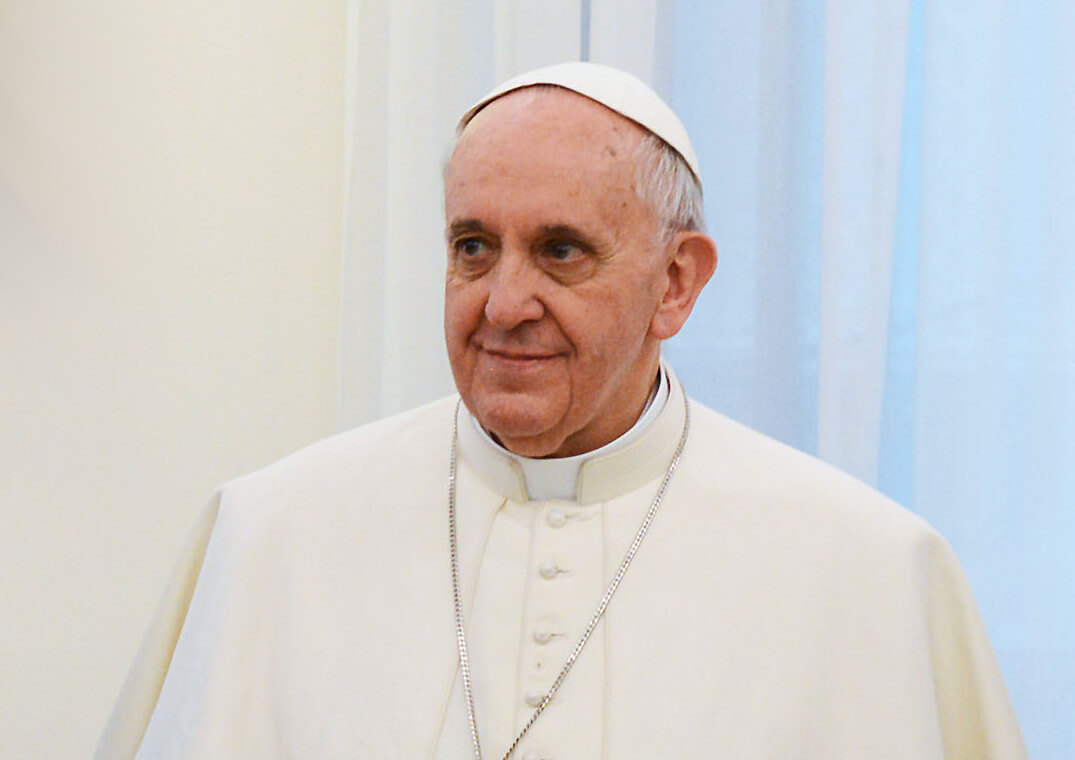
Who Do the Swiss Guards Protect During Papal Transition?
1. College of Cardinals Becomes Their Priority
When a Pope's death is announced, the Swiss Guards immediately switch their primary protection duty. Without a living pontiff to safeguard, the 135-member Swiss Guards corps redirects its protective mission.
Before the new Pope is announced, the main responsibility of the Swiss Guards becomes protecting the College of Cardinals, who temporarily lead the Catholic Church. This is especially critical as cardinals from around the world gather in Rome for the conclave to elect a new Pope.
Swiss Captain Christoph Graf explained in a 2019 interview with Swiss media: "Our mission remains fundamentally unchanged. We protect the institution of the papacy, with or without a living Pope."
The Swiss Guards' role during papal transition exemplifies their broader mission: protecting not just the person of the Pope but the institution of the papacy itself. Their theme of "Fiercely and Faithfully" (Acriter et Fideliter) reflects their unwavering commitment during this transition.
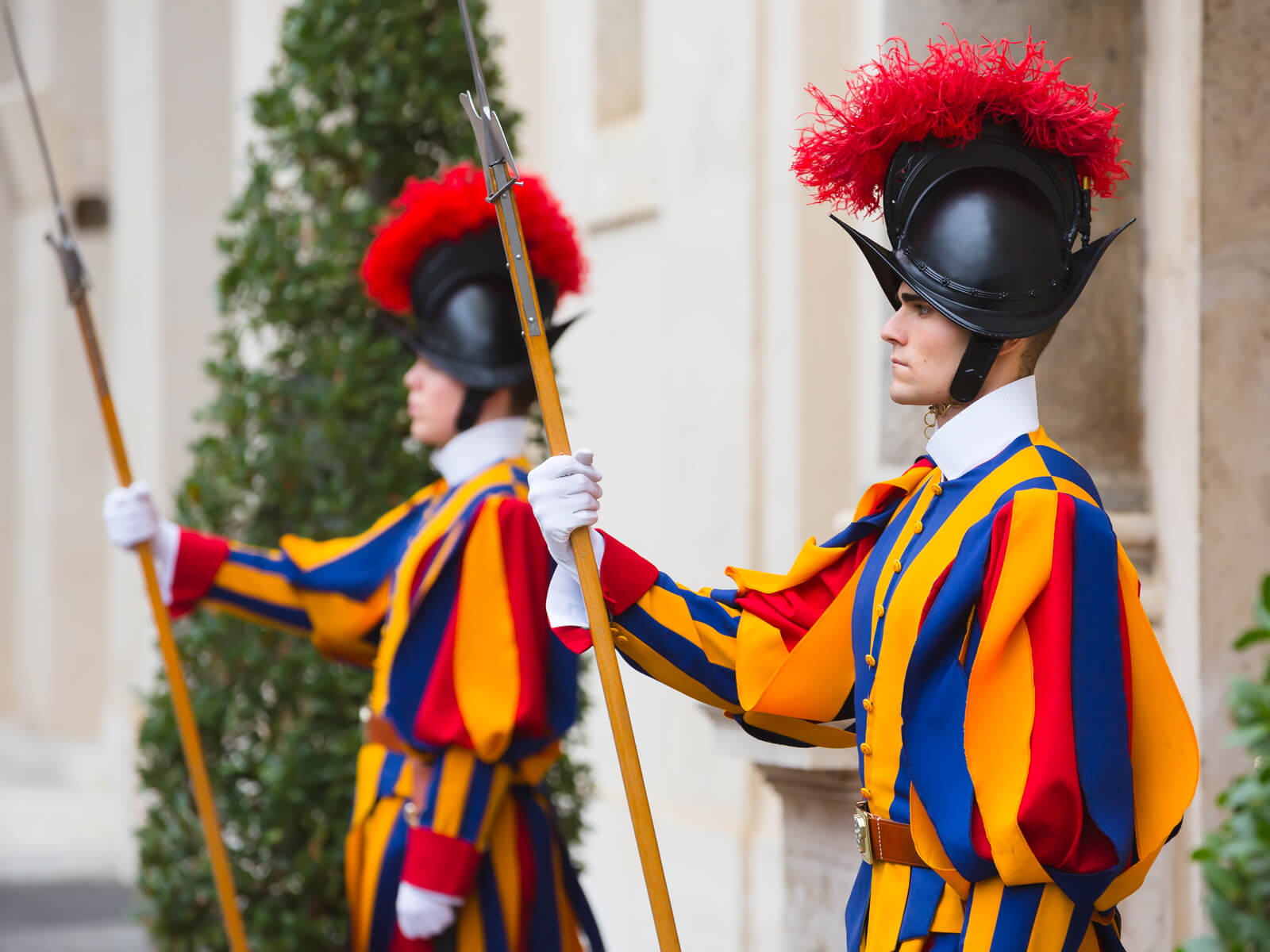
2. Maintaining a Dignified Vigil
Probably the most genuine duty of the Swiss Guards during this period is their standing guard over the deceased Pope's body. In my opinion, this tradition demonstrates their unwavering loyalty best.
Guards maintain a 24-hour vigil in their full ceremonial uniforms, positioning themselves at the four corners of the Pope's bier. The rotation continues throughout the nine-day mourning period referred to as novendiale.
This dedication was particularly visible after Pope Benedict XVI's passing, when Swiss Guards reportedly refused to leave his side even after officials ordered the lights in St. Peter's Basilica to be turned off.
Swiss Guards' Security Operations During Papal Transition
The Swiss Guards of the Vatican continue their security operations throughout Vatican City during the time before a new Pope is inaugurated (interregnum).
1. Border Control and Access Management
As Vatican City's de facto security force, they maintain their posts at all entrances and strategic locations, functioning somewhat like a small police force for the world's smallest sovereign state.
2. Conclave Security: Guarding the Papal Election
Perhaps their most significant operational duty during the transition is securing the conclave, the secret papal election process. Guards screen and control access to the Sistine Chapel, ensuring the secrecy and integrity of the voting process. Special attention is given to preventing electronic surveillance and verifying that cardinals remain isolated from outside influence.
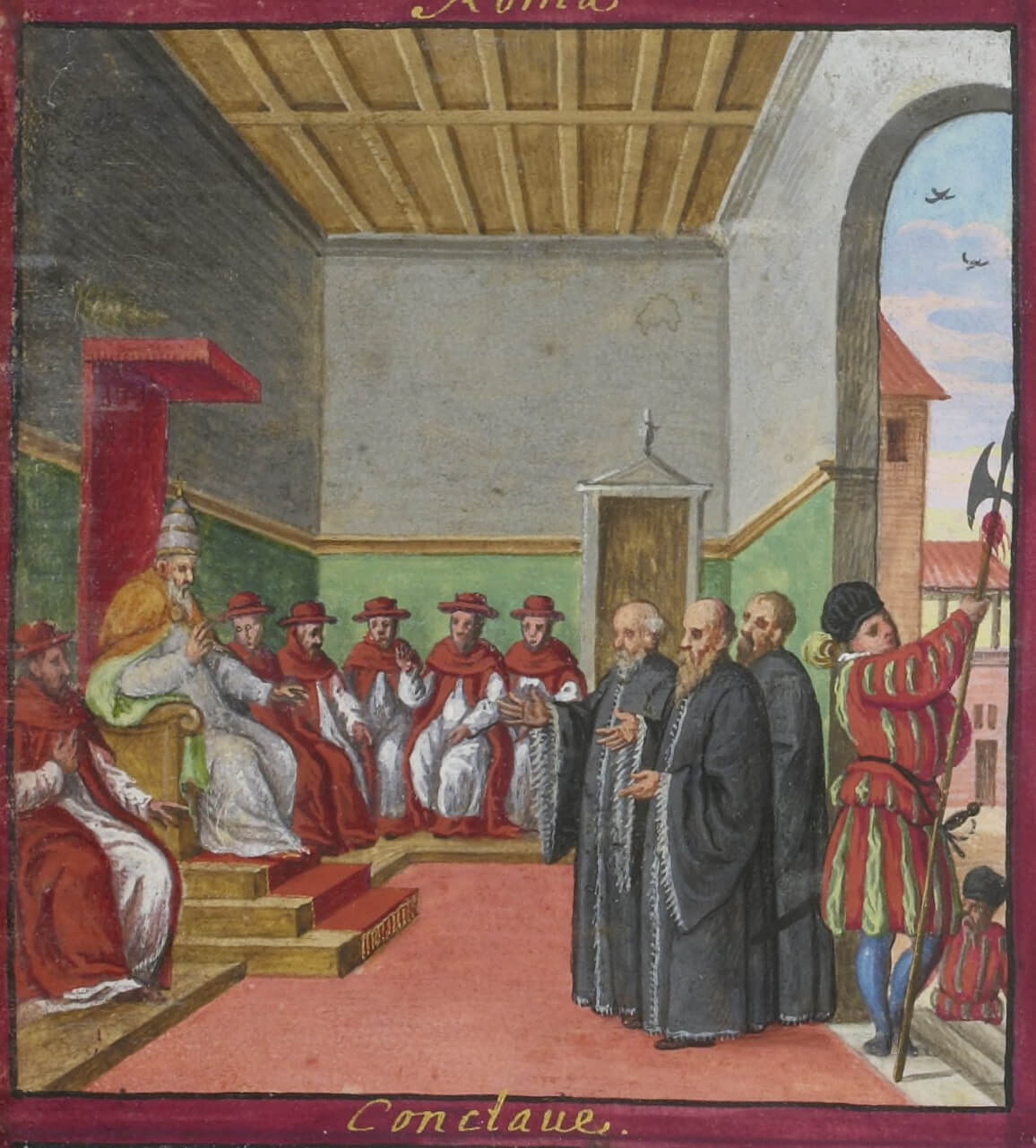
The Swiss Guards' Ceremonial Responsibilities
The guards play important ceremonial roles during a papal transition. Here are all the responsibilities performed:
1. Funeral Processions and Rituals
During the novendiale, the Swiss Guards participate in processions accompanying the Pope's body and form honor guards during funeral masses. They help maintain order as thousands of mourners pay respects and perform ceremonial salutes at key moments.
2. Announcing the New Pope
When a new Pope is elected, the Swiss Guards are always visible in the historic announcement. As soon as white smoke appears from the Sistine Chapel chimney, a detachment of Swiss Guards marches into St. Peter's Square to take positions near the central balcony where the new Pope will appear.
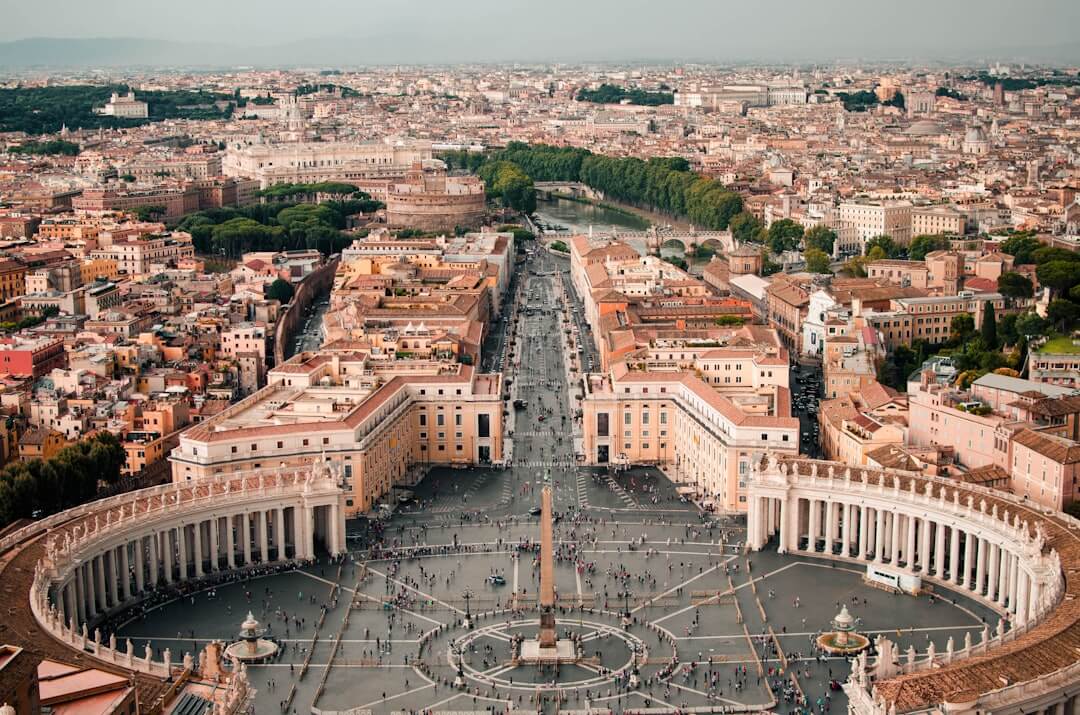
Historical Context: A Swiss Tradition of Papal Protection
The Swiss Guards' procedures during papal transition represent centuries of tradition. Their unwavering commitment today is a direct echo of their legendary stand in 1527, when 147 Swiss Guards lost their lives defending Pope Clement VII during the Sack of Rome.
Only 42 guards survived that day, and that was no accident. These men were specifically tasked with escorting the Pope to safety, leading him through the hidden passageway to the fortress of Castel Sant’Angelo while chaos raged outside.
Postponement of Swearing-In Ceremonies in 2025
Every year, new Swiss Guard recruits are sworn in on May 6. The date was specifically chosen to honor this supreme sacrifice. However, in years when a Pope passes away, planned ceremonial events for new Swiss Guard recruits are typically postponed out of respect.
Following Pope Francis' death on April 21, 2025, Vatican officials announced the postponement of the May 6th swearing-in ceremony.
What's the "Silver Hammer" Protocol?
One fascinating historical tradition associated with papal death was the "Silver Hammer Protocol." The Cardinal Camerlengo (Chamberlain) would verify the Pope's death by gently tapping the deceased pontiff's forehead with a silver hammer while calling out his baptismal name three times. After receiving no response, the death would be officially declared.
While modern medical verification has replaced this practice, this ceremonial verification was historically the moment when the Swiss Guards would formally transition their primary loyalty to the Sacred College of Cardinals.
Recent Events Surrounding the Death of Pope Francis
When Pope Francis was hospitalized with bilateral pneumonia in early 2025, it put the Vatican on alert for what might happen if the papacy suddenly became vacant. Behind the scenes, the Swiss Guards were operating under curfew and began quietly rehearsing the protocols they’d need to follow if the Pope passed away.
Contingency plans kicked in: the Swiss Guards reviewed security for the conclave, practiced funeral ceremonies, and brushed up on how to guard the Pope’s remains. They also prepared for the crowds of mourners and dignitaries who would flood Rome if the worst happened.
Most of these preparations stay out of sight, but they show how seriously the Swiss Guards take their duty. The transition wraps up when the guards formally salute the newly elected Pope, shifting their protection from the College of Cardinals to the new pontiff.
The Pope’s funeral will be held on Saturday, April 26, 2025. Planned attendees include world leaders like Donald Trump, Brazil’s Lula da Silva, and Ukraine’s Zelensky.
The Swiss Guards Guarantee Continuity
For Switzerland, the continued presence of the Swiss Guards at the Vatican represents one of the nation's most visible international traditions. They are a living link between Swiss military excellence and Catholicism that continues whether a Pope lives, dies, or is yet to be chosen.



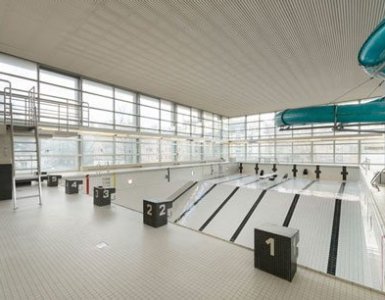

Add comment